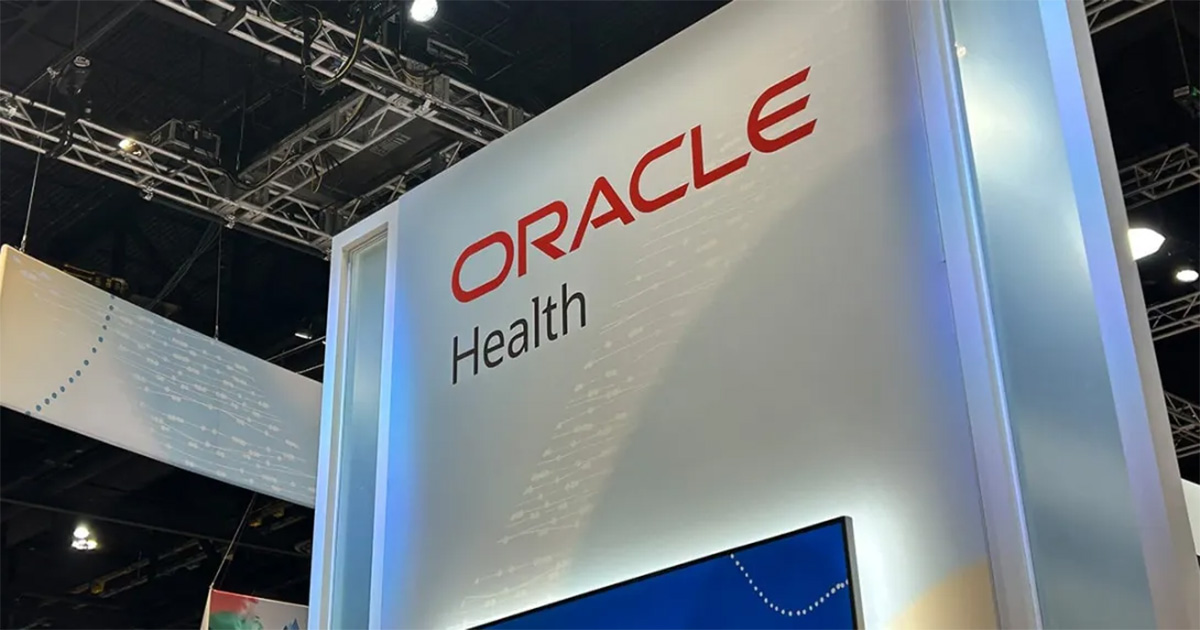Bernie Monegain, editor of Healthcare IT News, interviews William Spooner, senior vice president and CIO of Sharp HealthCare, located in San Diego.
What do you see as your primary mission as CIO?
I see my primary mission as CIO as helping my organization to identify how information technology can help them drive the change that they need and helping them to determine which information technology will help them the most and help them to make good decisions about their use of technology. We’ve been in this wealth of IT probably ever since Microsoft Windows was stabilized several years ago. There are so many opportunities to use some kind of IT application in the business, but really our challenge is to identify which one will bring us the most benefit.
What is your proudest achievement – so far – as CIO?
I can’t really tell you that there is one achievement that I am the most proud of. But I could tell you two or three.
- I am proud that my boss (Michael Murphy) received the CEO IT Achievement Award in 2007 because that really reflected his leadership across the organization in recognizing the significance of IT throughout the organization and really reflected the organization’s commitment to IT.
- The fact that we have achieved the Most Wired award since its beginning makes us all very proud.
- Our willingness to make a change when we decided we needed to go in a different direction on our core hospital systems or EMR four years ago when we were willing to recognize that the strategy we were taking in terms of our best-of-breed group of products just wasn’t going to bring us the value that we really needed to achieve. We began to pull out a half a dozen best-of-breed products in exchange for the integrated group of products that we are now implementing from Cerner.
What has been your greatest challenge?
Probably starting us down path towards an aggressive EMR program over 10 years ago. We went through a period of time in the mid 90s when our profitability was poor and we actually considered, as an organization, merging with what was then Columbia HCA. We decided in the end not to do it. At the same time our profitability was very, very slight and it was a time we were recognizing we had to make progress in IT. We had to start bringing clinical systems into the organization and to persuade the organization that it was important despite the scarce resources and to convince the board that it was important to actually start this journey. This was 13 years ago.
What can other, smaller Healthcare organizations with fewer resources learn from the Sharp HealthCare model?
One of the things we did was to use a very structured implementation methodology whereby we took the system and the vendors’ recommended narrow range of options for the configuration. That was far more successful than past attempts where we started with sort of a clean sheet of paper and tried to design the system. I think that a smaller organization could probably use the model that we have built and almost drop it in with minimal change. Also, some of the methodology that we built in terms of the change leadership and implementation would be replicable elsewhere.
Where do you see healthcare information technology going, say, in the next five years or 10 years?
We will see an awful lot more workflow integration considering all of the devices around the patient, with the patient as the center. Everything from the patient bed that cam produce measurements that is sent to the EMR such as “the bed rail’s up; the bed rail’s down. Here’s how much it’s elevated” so that you have a sort of comprehensive alerting system. There will be more and more integration of the medical devices directly into EMR and the use of analytics to help in the decision process. We’ve already seen some early forms of critical events monitoring where measurement A from one system is compared with measurement B form another system, and that tells you that the patient may be progressing, or otherwise. I think we’ll see analytics really helping to drive change and helping to drive healthcare improvement.
What are you reading?
I read for pleasure. I’ve been reading too darn much meaningful use in the last several weeks. I’m partly through the Joe Torre book, “The Yankee Years.” I’m a lifetime New York Yankees fan and very proud of it. I read Dan Brown’s “Lost Symbol” as soon as it hit the market – as soon as it hit my Kindle, I should say.


